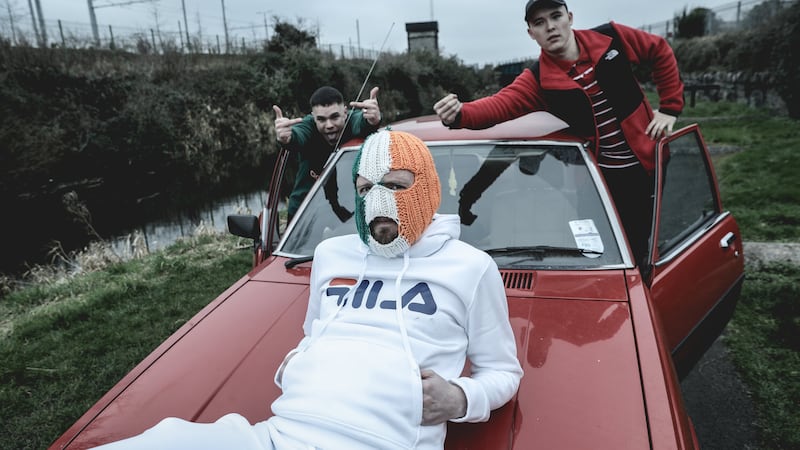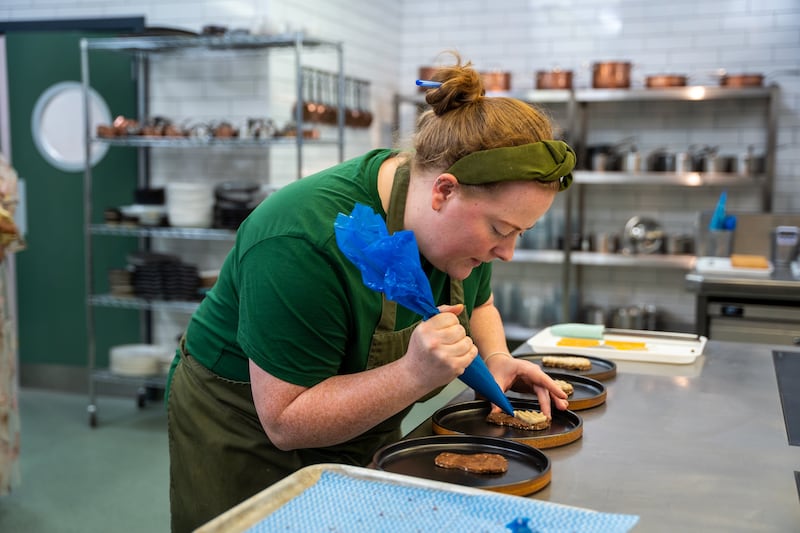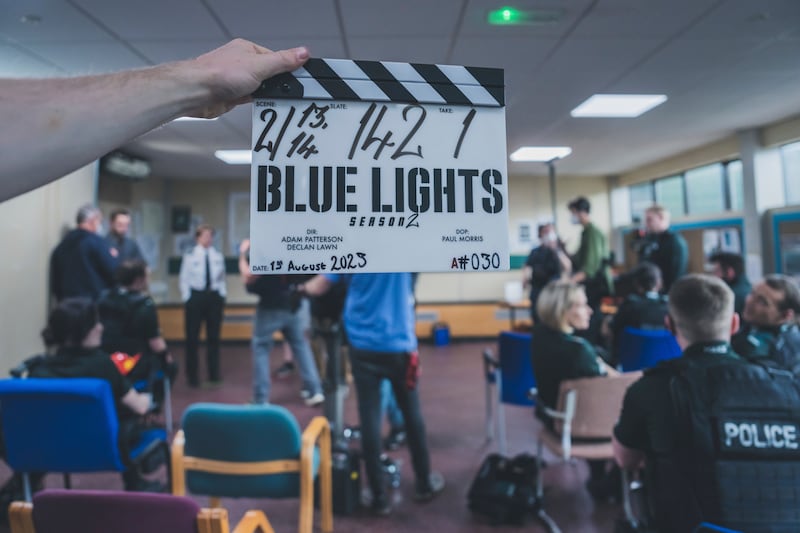Wilderness with Simon Reeve, BBC 2, Sundays and iPlayer
Joseph Conrad called it the Heart of Darkness in his critique of colonialism in Africa.
Adventurer Simon Reeve sees it in more positive and environmental terms as one of the two lungs of the world.
The Congo River Basin in central Africa is one of the largest tropical rainforests in the world but remains one of the most difficult and dangerous to access.
Its history of Belgian oppression is one of the most horrific episodes of colonialism while later civil war and dictators have left its people among the poorest in the world.
Reeve concentrates on the natural beauty, telling us the rainforest is the size of western Europe, with “billions of beautiful trees stretching as far as the mind can imagine”.
It has been less impacted by commercial logging and mining than the Amazon and it’s speculated that the Congo may now be more important to climate health.
The drone shots from above the tree-tops looked spectacular but the reality of exploring the forest was altogether more grinding and claustrophobic.
Reeve’s new series seeks to bring us some of the world’s wildest places and he rightly starts in the Congo.
It’s the most dramatic of the four-part series, with Reeve also exploring the frozen Patagonia at the southern tip of Argentina and Chile.
In episode three he travels to see the wonders of the Coral Triangle in the warm seas among the islands between northern Australia and the Philippines and finally back to Africa and the Kalahari Desert.
While the series is excellent and in parts exhilarating, it’s the Congo that impressed the most.
Reeve begins with guide Adams in the Motaba River and travels by boat deep into the interior. Then it’s a long trek through dense rainforest to catch up with nomadic tribe, the Baka.
It’s tough going. Reeve, Adams, film crew and the tour doctor hack their way through vegetation and wade through knee-deep muddy swamp. At one stage, Reeve estimates that the party are travelling at 1mph.
It felt like you were watch Stanley and Livingstone.
The insects are all-consuming, and one member of the crew ends up having to have something horrible cut out of his ankle before its eggs hatched and started taking over his leg.
But the reward was meeting the Baka people at one of their temporary camps.
They live entirely off the forest as hunter gatherers and seem genuinely delighted to have some visitors around.
The women of the 100-strong community, who seem to do most of the work (the men specialise in hunting) construct a branch and leaf tent for the guests on the spot and all settle down for the night.
The following day the men demonstrate their honey capturing techniques. They climb vines up to 30m into the tree tops at impressive speed and with the use of a smoldering knot of leaves, stun the beds and then the braver ones put their hand into a hole in the tree and extract the honeycomb.
The Baka seem happy in the forest but complain that they are harassed by Bantu people, a name they use to refer to all the other people of Congo.
Adams, a Bantu, is appalled by the tales of beatings, describing it as “racism.”
Reeve is a wonderful guide for the viewer, always positive and keen not to get too involved in the politics.
He’s focus instead is on the natural world and the damage being caused by climate change. This was less evident in the Congo but was clear when he climbed onto the 200-mile long South Patagonian Icefield and heard of its dramatic retreat.






